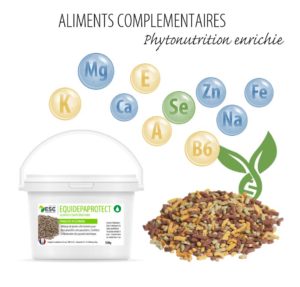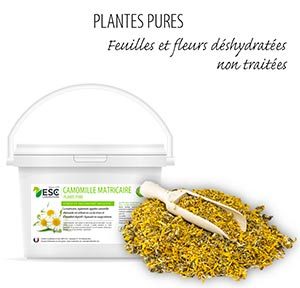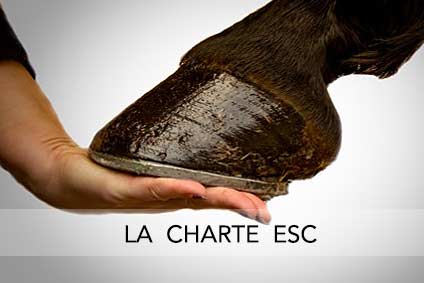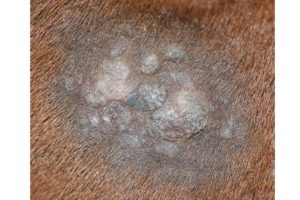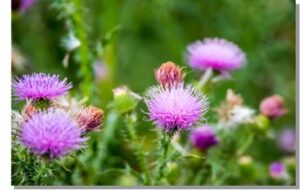Understanding digestive sensitivity in horses
The horse is a nomadic herbivore, not a ruminant. When it is in the meadow, it spends half of its time eating while walking. Non-ruminant, the horse compensates for a digestive insufficiency by an almost continuous consumption of fodder. Indeed, the specificity of its digestive system lies in its lesser capacity to digest fodder. This is due to the length of its digestive tract (almost 130m!) and the role of the intestinal flora which is involved in the terminal portion of the digestive system. Endowed with a single stomach of rather small size (15 to 18L), the horse is therefore forced to ingest little feed at a time but permanently (it can spend more than half of the day eating).
The horse's diet is very fragile from a digestive point of view and must therefore be correctly adapted to its activity, its living environment, its age... This being said, one should never opt for a too rapid change of diet in order to give the intestinal flora time to adapt. The progressive integration of new foods in the ration will always be preferable. A deficient intestinal flora can indeed be the source of severe problems such as laminitis, colic, a drop in the immune system... And let's not forget that domestication is the first factor in colic in horses!
Our natural solutions to help your horse to digest better
We offer a wide range of products in solid or liquid form based on active plant ingredients for the digestive comfort of your horse. Find the one that best suits your horse's needs and lifestyle.
To help you, here are our most popular products:
Gastromix: mixture of 10 plants selected for their soothing properties during gastric acidity and digestive spasms. Gastromix participates in the reinforcement of the intestinal flora and the maintenance of the general state.
Edible clay: clay rich in nutrients and kaolin suitable for digestive disorders. Edible clay is known for its ability to absorb toxins from the digestive tract.
Turmeric digest: supplement formulated with liquid vegetable extracts (Turmeric, Sage, Peppermint) and aloe vera juice. Turmeric Digest helps to relieve sensitive stomachs and digestive problems in horses.
Psyllium: a plant rich in mucilage that forms a lubricating gel in the intestine. This plant is recommended for horses that live on sandy ground.
To help your horse to digest better, we also offer the following products: Linseed, lithothamnion, equicarbocel, aloe vera juice, camomile, vegetable charcoal, turmeric, equidigest flora, active yeast, lemon balm, peppermint, equidepaprotect, mugwort...
Make the right product choice
| What problem? | What type of horse may be involved or at risk? (non-exhaustive list) | What product? |
| Sensitive digestion and digestive spasm | Horses with an aggressive temperament, horses with a diet rich in cereals, horses living mainly in stalls | Gastromix
Lemon balm Peppermint Chamomile Turmeric Turmeric digest Linseed |
| Gastric acidity | Stressed horses, horses fed a diet too rich in cereals, horses subject to long and prolonged efforts, horses whose intestinal flora has been degraded... | Lithothamne
Aloe vera juice Turmeric digest |
| Ulcerous tensions | Stressed horses, horses fed with a diet too rich in cereals, horses subject to long and prolonged efforts... | Lithothamne
Turmeric digest Equiulcemac Active yeast |
| Straw plugs | Horses living in straw boxes and especially those that tend to eat with greed... | => Consult your veterinarian first |
| Stress colic | Horses with colic signs and living in a stall... | Psyllium (preventive)
Linseed (preventive) |
| Sand colic | Horses with colicky signs and living on sandy ground... | Psyllium (preventive)
Linseed (preventive) |
| Diarrhoea | Horses subject to digestive bacteria, horses under stress, horses affected by a deterioration in the intestinal flora, foals whose digestive process has not yet stabilised. | Vegetable coal
Equicarbocel |
| Intestinal parasites | All horses (living in the meadow or in the stall) | Equidepaprotect
Armoise
|
| Intestinal flora | Horses that change their diet, change their environment, have difficulties to take condition or to chew (old horses)... | Brewer's yeast
Equidigest flora Active yeast |
These tips are not a substitute for the advice of your veterinarian.
Maintenance and synergy cures for your horse's digestive comfort
In order to prevent risks, you can do maintenance cures (intestinal flora + detox + protection of gastric mucous membranes) at a rate of 3 times a year.
- Maintenance of the intestinal flora: Favour brewer's yeast
- Protection against gastric acidity: Supplement the ration with lithothamnion.
- Protection of the gastric mucous membranes: Give aloe vera juice




